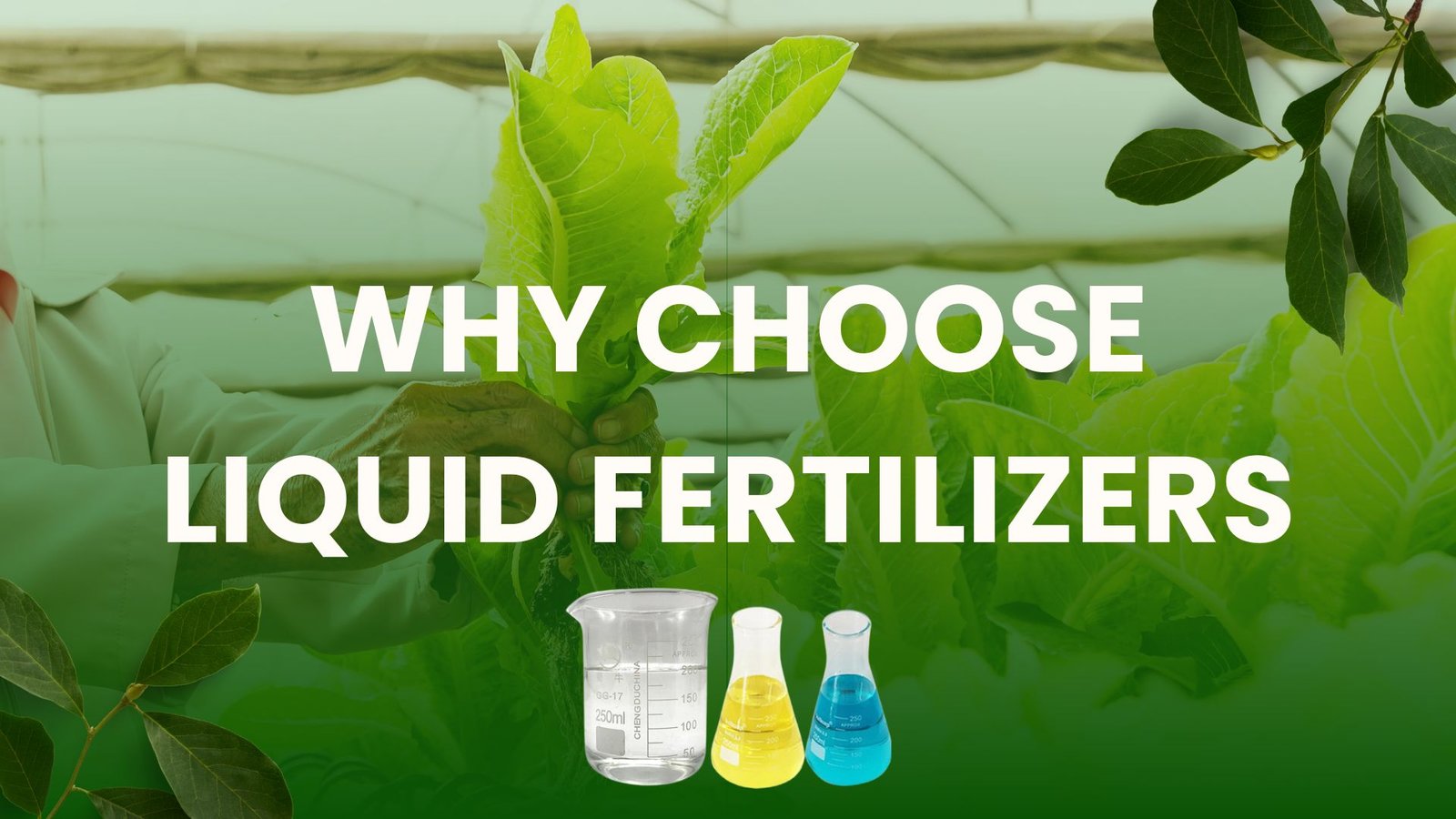Why Choose Liquid Fertilizers?
In the modern agricultural landscape, choosing the right type of fertilizer is a crucial decision for optimizing crop yield, quality, and soil health. Among the options available, liquid fertilizers have gained significant popularity due to their unique advantages. Here, we explore the reasons why liquid fertilizers stand out as a valuable choice for farmers, gardeners, and agricultural professionals alike.
1. Rapid Nutrient Availability
Liquid fertilizers provide a quick nutrient release that is immediately accessible to plants. Since they are in a dissolved form, nutrients are readily absorbed by the roots or leaves (in foliar applications), ensuring a rapid response to nutrient deficiencies. This is particularly beneficial during critical growth phases, where timely nutrient availability can directly impact yield and quality.
2. Uniform Nutrient Application
Unlike granular fertilizers that may spread unevenly, liquid fertilizers offer the advantage of uniform distribution. When applied through irrigation systems or spraying, liquid fertilizers ensure that every part of the field receives a consistent supply of nutrients. This uniformity reduces the chances of nutrient hotspots or deficient areas, contributing to more even crop growth.
3. Precision Fertilization through Fertigation
Liquid fertilizers are ideal for use with fertigation systems, which allow farmers to apply fertilizers alongside irrigation water. This integration streamlines nutrient management by delivering nutrients directly to the root zone. Additionally, fertigation allows for precise control of nutrient dosing, enabling farmers to adjust nutrient levels according to specific crop stages, soil conditions, or environmental factors, thereby optimizing fertilizer efficiency and minimizing waste.
4. Compatibility with Micronutrient Blending
Liquid fertilizers can be easily mixed with micronutrients and other beneficial additives, such as growth enhancers, biostimulants, and even pesticides, to provide a comprehensive nutrient solution tailored to specific crop needs. This compatibility with micronutrients and bioactive compounds makes liquid fertilizers particularly versatile for addressing a wide range of nutrient requirements in a single application.
5. Reduced Soil Disruption
Liquid fertilizers are often less intrusive than solid fertilizers when it comes to soil structure. Their application does not disturb the soil’s physical structure or the microbial community as much as traditional granular fertilizers might, especially if tilling is required. This gentler approach contributes to improved soil health and long-term fertility, which is increasingly recognized as essential for sustainable agriculture.
6. Environmental Benefits and Reduced Leaching
When applied correctly, liquid fertilizers have a lower risk of nutrient runoff and leaching. Due to their rapid uptake, plants absorb nutrients faster, which reduces the likelihood of excess nutrients seeping into groundwater or surrounding ecosystems. Additionally, the precision offered by liquid fertilizer application methods minimizes environmental impacts by ensuring nutrients are delivered only where needed.
7. Flexibility for Diverse Crop Types and Growth Stages
Liquid fertilizers can be customized to suit the specific needs of various crop types and growth stages, from seedling establishment to flowering and fruiting. For instance, nitrogen can be applied in a targeted way during the vegetative growth phase, while phosphorus and potassium can be increased during flowering and fruit setting. This level of flexibility ensures that plants receive the right balance of nutrients at each growth phase, supporting healthier crops and higher yields.
8. Reduced Labor and Improved Efficiency
Since liquid fertilizers can be applied through existing irrigation systems, they often reduce the need for additional equipment or manual labor associated with spreading granular fertilizers. This streamlined approach improves operational efficiency, saves time, and allows farmers to cover larger areas in less time.
9. Better Suitability for High-Value Crops
For high-value crops, such as fruits, vegetables, and ornamentals, liquid fertilizers offer the advantage of controlled application and reduced risks of nutrient imbalance. Precision is particularly important for these crops to maximize quality and marketable yield. Liquid fertilizers enable precise nutrient management, helping farmers meet the specific needs of high-value crops that require careful nutritional planning.
Conclusion
Liquid fertilizers represent a highly effective, versatile, and environmentally responsible option for modern agriculture. Their rapid nutrient availability, compatibility with precision application methods, and adaptability to various crops and growth stages make them a valuable tool for any farming operation. By choosing liquid fertilizers, farmers and agricultural professionals can enjoy improved crop performance, increased efficiency, and greater control over nutrient management, all of which contribute to sustainable and profitable farming practices.
